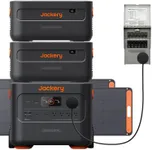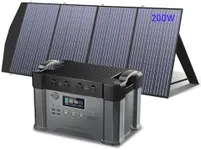Buying Guide for the Best Quiet 2000 Watt Generator
When choosing a quiet 2000-watt generator, it's important to consider several key specifications to ensure you select the best model for your needs. A generator of this size is typically used for camping, tailgating, or as a backup power source for small appliances. The right generator should be reliable, efficient, and quiet enough to not disturb your surroundings. Here are the key specifications to consider and how to navigate them.Noise LevelThe noise level of a generator is measured in decibels (dB) and indicates how loud the generator will be when in operation. This is particularly important for a quiet generator, as you want it to be as unobtrusive as possible. Noise levels can range from around 50 dB (similar to a quiet conversation) to over 70 dB (equivalent to a vacuum cleaner). For a quiet generator, look for models that operate at 60 dB or lower. If you plan to use the generator in a campsite or residential area, a lower noise level will be more suitable to avoid disturbing others.
Power OutputPower output is measured in watts and indicates how much electrical power the generator can produce. A 2000-watt generator can typically handle small appliances, power tools, and electronics. It's important to consider both the starting watts (the surge power needed to start an appliance) and the running watts (the continuous power needed to keep it running). Make a list of the devices you plan to power and ensure their combined wattage does not exceed the generator's capacity. For example, if you need to power a refrigerator (starting watts: 1200, running watts: 200) and a laptop (running watts: 100), a 2000-watt generator would be sufficient.
Fuel Type and EfficiencyGenerators can run on various types of fuel, including gasoline, propane, and diesel. Gasoline is the most common and widely available, but propane and diesel can offer longer shelf life and cleaner burning. Fuel efficiency is also crucial, as it determines how long the generator can run on a full tank. Look for models with a longer runtime at 25% or 50% load, as this will give you a better idea of how long the generator can operate before needing a refill. If you need a generator for extended use, prioritize models with higher fuel efficiency and longer runtimes.
PortabilityPortability is an important factor, especially if you plan to use the generator for camping or outdoor activities. Consider the weight and size of the generator, as well as features like handles and wheels that make it easier to transport. Lightweight models (under 50 pounds) are easier to carry, while heavier models may require wheels for easier movement. If you need to move the generator frequently, opt for a more portable design.
Inverter TechnologyInverter generators produce cleaner and more stable power compared to conventional generators, making them ideal for sensitive electronics like laptops, smartphones, and medical devices. They are also typically quieter and more fuel-efficient. If you plan to power sensitive electronics or need a quieter operation, look for a generator with inverter technology. This will ensure your devices are protected from power surges and fluctuations.
Safety FeaturesSafety features are essential to protect both the generator and the devices you are powering. Look for features like overload protection, which prevents the generator from being damaged by excessive loads, and low-oil shutoff, which automatically turns off the generator when oil levels are too low to prevent engine damage. Additionally, consider models with spark arrestors if you plan to use the generator in forested or grassy areas to reduce the risk of fire. Prioritizing safety features will ensure reliable and safe operation.
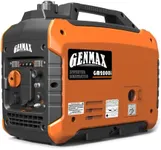
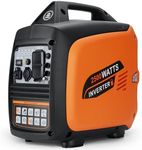
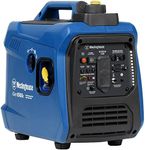
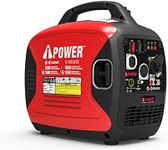
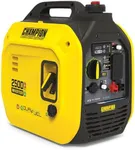
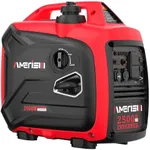
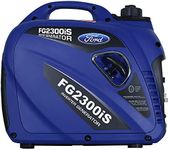
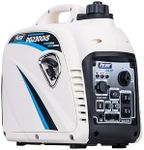
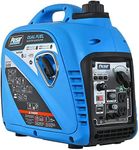

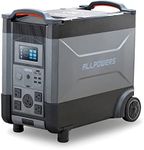

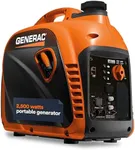

![[Upgraded Version] ALLPOWERS S2000 Portable Power Station 2000W (Peak 4000W) MPPT Solar Generator 1500Wh Backup Battery with 4 AC Outlets for Outdoor Camping RV Emergency Off-Grid](https://images-proxy.bestreviews.guide/RKciUpoEpXP6FG5NDwMBUKV-gKk=/0x150/https://m.media-amazon.com/images/I/51n9OTptdIL._AC_CX679_.jpg)
